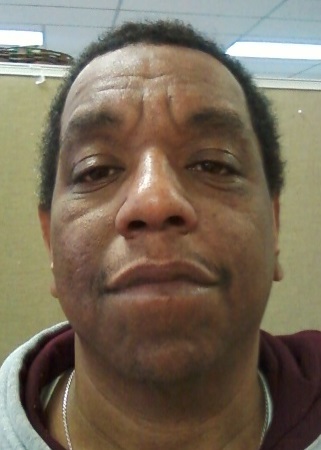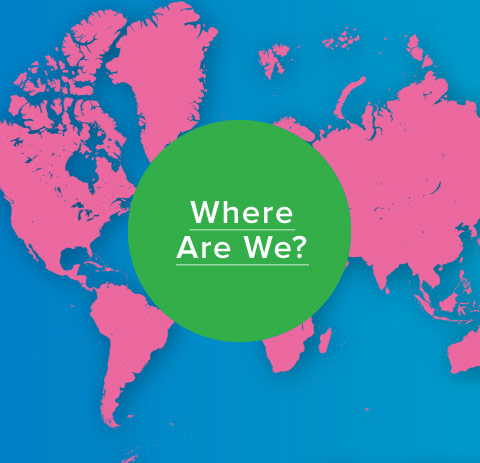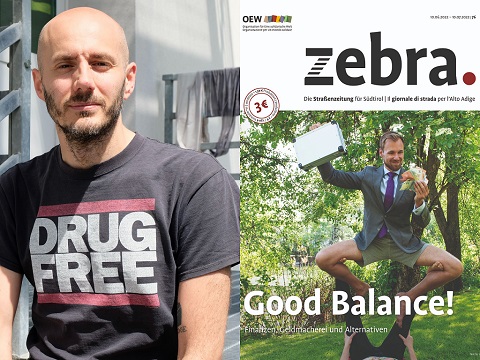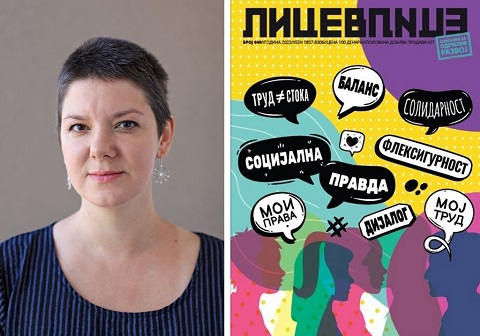Those familiar with street papers – people who buy them, people who read them, people who make them, people who support them – know what a street paper is: an enterprising solution to poverty, a sustainable income provider to those unable to find a job, an empowerment tool for those who are vulnerable or marginalised, on the fringes of society.
But it is the people who sell these magazines and newspapers – on the streets, outside shops, in train stations, at busy intersections – who know what a street paper truly means, what it represents.
The International Network of Street Papers asked these people – variously called sellers, salespeople, vendors, ‘Spokespersons for Culture’, camelots, Verkäufer*innen – what a street paper is to them, personally. Responses were varied and came from a vast geographical span, highlighting the diversity of people and ways of thinking amongst this network. In this first instalment, people from Brazil to Finland have their say.
Clóvis Francisco, 55, sells Aurora da Rua in Salvador, Brazil
“To me, a street paper is sobriety and security. It allows me to live a dignified life, far from my addiction to alcohol. Selling Aurora da Rua was the best choice I could have made. Even in the pandemic, I managed to keep my income, as my point of sale allows me to access people in a safe and peaceful way. Everyone wants to know my life story.”
![Aurora da Rua's Clóvis Francisco. [Credit: Henrique Peregrino]](https://hub.insp.ngo/wp-content/uploads/2021/12/INSP_Holiday-feature-2021_1.jpg)
Brian Augustine sells Denver VOICE in Denver, Colorado, USA
“A street paper allows you to become part of regular society. When you become homeless, you quickly understand that you’re separated. You realise there are two different worlds. Through the VOICE, I’ve gained more friends than I’ve ever had in my life.”
![Denver VOICE's Brian Augustine. [Credit: Jesse R. Borrell]](https://hub.insp.ngo/wp-content/uploads/2021/12/INSP_Holiday-feature-2021_2.jpg)
Rudolf Druschke, 65, sells fiftyfifty in Düsseldorf, Germany
“To me, fiftyfifty means not giving up. It means the courage to start your life over and level the playing field. I wandered the streets for a long time before I came across fiftyfifty in 1995. I was an alcoholic and it caused me to lose my job, my livelihood, my marriage, my colleagues, my friends and even contact with my children. The street paper gave me the courage to get help and I have now been sober for 22 years.”
![He needs the streets and the streets need him: Rudolf Druschke, known as the lovely Rudi by his customers, has stood at the same spot 'Am Dreieck' on Düsseldorf’s Nordstraße every day selling fiftyfifty for 24 years. [Credit: Hans Peter Heinrich / fiftyfifty]](https://hub.insp.ngo/wp-content/uploads/2021/12/INSP_Holiday-feature-2021_3.jpg)
Hosea’ Hill sells Groundcover News in Ann Arbor, Michigan, USA
“Street papers have a sort of superpower. They give all people a direct contact to the homeless in their communities and a platform and voice to discuss homelessness and social issues. They make people care about those who are homeless and conjure a deep appreciation for street papers because of that.”
![Groundcover News' Hosea’ Hill. [Courtesy of Groundcover News]](https://hub.insp.ngo/wp-content/uploads/2021/12/INSP_Holiday-feature-2021_4.jpg)
James Tennant sells Groundcover News in Ann Arbor, Michigan, USA
“A street paper is support. Support for people. It is constructive work and makes people self-sufficient, like for people coming out of the prison system because they can’t get hired. It’s a great support to the community. We come together and help each other.”

Jesper Bisgaard, 29, sells Hus Forbi in Copenhagen, Denmark
“Hus Forbi has been an ultimatum for me. I wouldn’t be alive today without it. That’s the truth. [The street paper] prevents me from falling into deep holes and not caring about my body and health. [Those who sell it] are one and all lovely people who haven’t had an easy journey. Instead of being alone, we are a bunch of people who can meet all over Denmark. And if it’s not going so well, we help each other the best we can.”
![Hus Forbi's Jesper Bisgaard. [Credit: Anders Bøggild]](https://hub.insp.ngo/wp-content/uploads/2021/12/INSP_Holiday-feature-2021_6.jpg)
Enkete Mungbaba, 68, is from Congo and used to be a philosophy professor. Now he sells Iso Numero in Helsinki, Finland
“For me the magazine means sivistys [a Finnish word meaning ‘self-cultivation’ or ‘gaining wisdom’ on a personal level]. That goes for myself. It is very important that I read Finnish every day and learn more of the language. Since I sell the magazine, I have to understand what the headlines and stories mean. I want everyone to read it.”
![Iso Numero's Enkete Mungbaba. [Credit: Janne Hukka]](https://hub.insp.ngo/wp-content/uploads/2021/12/INSP_Holiday-feature-2021_7.jpg)




















